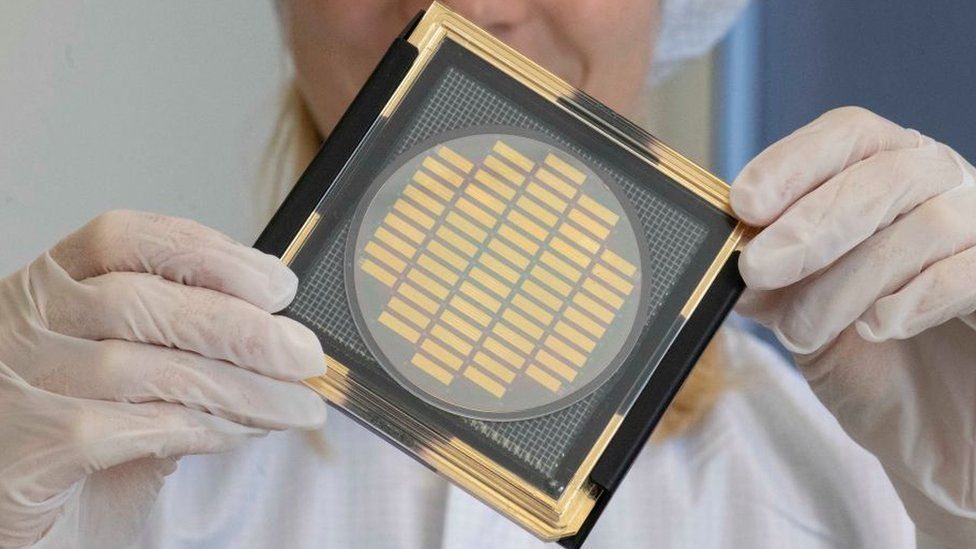
Consider a future in which encrypted, secret files suddenly cracked open, a phenomenon known as “the quantum apocalypse.”
Quantum computers, to put it simply, work in a radically different way than computers built over the last century. They could theoretically become hundreds of times faster than today’s machines.
That means that if faced with a highly difficult and time-consuming job, such as decrypting data, where the number of possible permutations is in the billions, a typical computer would take several years, if ever, to break the encryptions.
In principle, a future quantum computer might perform this in seconds.
Such computers may be able to solve a wide range of human problems. The National Quantum Computing Centre in Harwell, Oxfordshire, is getting funds from the UK government in the hopes of revolutionizing quantum computing research.
There is, however, a negative side.
Data Thieves
Several countries, including the United States, China, Russia, and the United Kingdom, are putting in a lot of effort and money to create these super-fast quantum computers. All of this is to acquire a strategic advantage in the cyber-sphere.
Every day, massive amounts of encrypted data, including yours and mine, are gathered without our permission and stored in data banks; ready to decrypt when the data thieves’ quantum computers become strong enough.
“Everything we do over the internet today,” says Harri Owen, chief strategy officer at the company PostQuantum. “From buying things online, banking transactions, social media interactions, everything we do is encrypted.
“But once a functioning quantum computer appears that will be able to break that encryption… it can almost instantly create the ability for whoever’s developed it to clear bank accounts, to completely shut down government defense systems – Bitcoin wallets will be drained.”
Ilyas Khan echoed this prognosis. He is the chief executive of the Cambridge and Colorado-based company Quantinuum. “Quantum computers will render useless most existing methods of encryption,” he says.
“They are a threat to our way of life.”
Quantum Proofing
Seriously? Why haven’t we heard more about this? It does sound completely apocalyptic.
The response is that yes, OK, this would certainly be the issue if we could take no precautions. “If we weren’t doing anything to combat it then bad things would happen,” says a Whitehall official who didn’t want to share his identity.
Mitigation efforts are already underway and have been for several years in practice. All government data classified as “top secret” in the United Kingdom is already “post-quantum”. That means it is utilizing new forms of encryption that researchers think will be quantum-proof.
Google, Microsoft, Intel, and IBM, as well as more specialized firms like Quantinuum and Post-Quantum, are working on solutions.
Most crucially, a post-quantum cryptography “beauty parade” is now taking place at the US National Institute of Science and Technology (NIST), which is located just outside of Washington, DC. The goal is to develop a standardized defense strategy to safeguard industry, government, education, and essential national infrastructure from the dangers of the quantum apocalypse.
All of this is not going to be inexpensive.
Quantum computing is costly, time-consuming, and also produces a lot of heat. One of the most pressing security issues of our day is the development of quantum-safe algorithms.
However, experts argue that the alternative, which is to do nothing, is simply not an option.
If the quantum apocalypse occurs at all, it will most certainly take several years. Meanwhile, researchers are racing forward, attempting to forecast a future in which quantum computers can easily breach today’s encryption standards.
